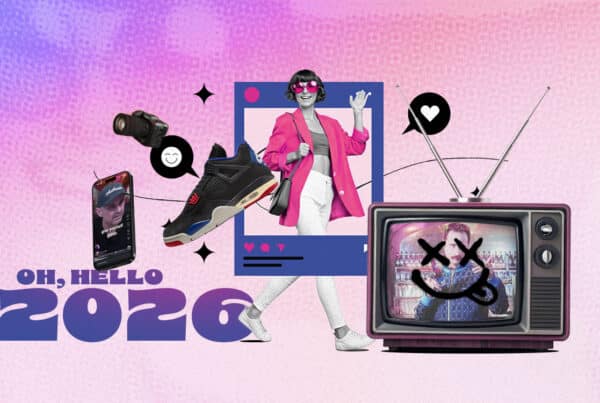Today’s labor market is unlike anything the US has experienced before, and unlike anything we could have fathomed at the start of the COVID-19 pandemic.
Recently during our Open House, we invited local business leaders to discuss “How Brands Can Affect Talent Acquisition and Retention.”
Our panelists Jeff Faulkner, Regional Vice President at Merritt Hawkins; Lacey Hammons, EVP Operations at P.C.I.; and Brenda Hurtado, CEO at The Point Group discussed some of the challenges and opportunities in talent acquisition and retention in today’s workforce.
Across industries, companies are facing increasing challenges in recruiting and retaining great talent. Where are some of these challenges stemming from?
In addition to the challenges caused by the pandemic, our panel discussed other generational, socio-economic, and cultural shifts. Overall, they see a massive changing of priorities. The pandemic created an imbalance between workforce supply and employer demand.
Whether it be hybrid and remote work, increased flexibility, a focus on company culture, digital innovation, or diversity, equity and inclusion initiatives, employees are weighing their options now more than ever. With these challenges, how can companies begin to position themselves to better acquire talent?
Our panel suggests starting internally with establishing a Talent Value Proposition or Talent Brand to not only get the attention of great talent, but an emphasis on becoming a brand that talent seeks out. First you must understand what it is you offer that sets you apart. Much like a brand’s Unique Selling Proposition (USP), your corporate brand is your mission, vision, values, and culture. And today, you must also define how new talent fits in and how to create a rewarding development path so they stay engaged and motivated. After all, a revolving door of talent is costly to everyone.
Next you must have a partnership between HR and Marketing and investment in talent from the organization as a whole. Whereas employer branding centers on how the employer promotes their company as a place to work, talent branding is the highly social, totally public version of employer brand that incorporates what talent, potential talent, and consumers think, feel, and share about the company as a place to work.
By combining the employer brand – how a company promotes itself – and the talent brand – what it’s actually like to work there, you can foster a better, more holistic company brand to successfully recruit and retain increasingly valuable talent.
If you’re interested in discussing how to develop your Talent Value Proposition and a brand that rewards your employees and your customers, get straight to The Point.








